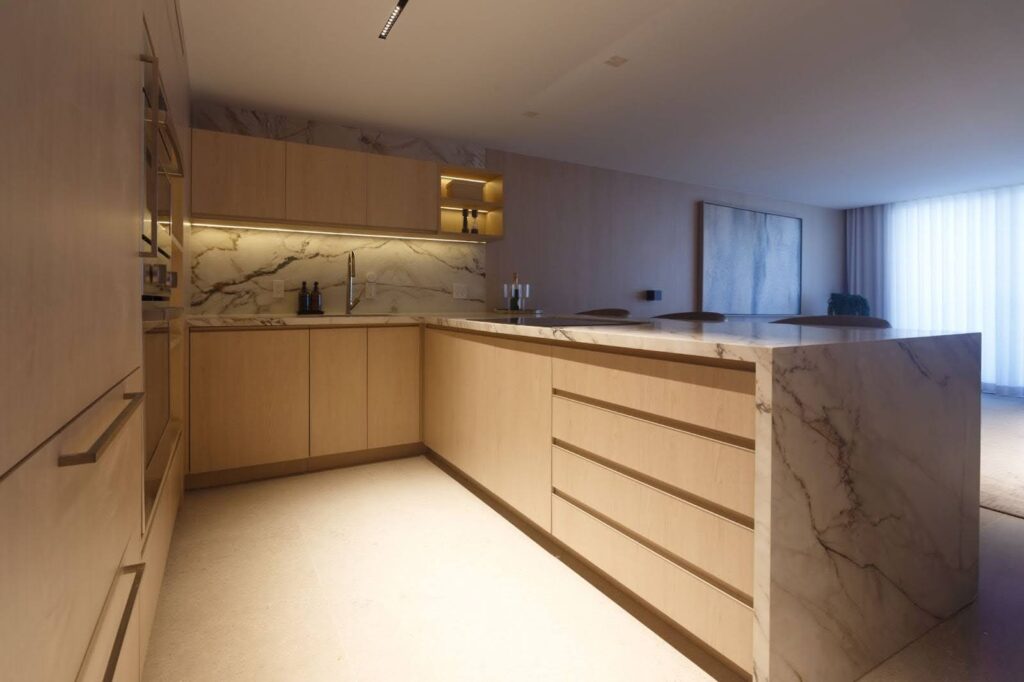As a licensed general contractor here in Miami and the owner of Best Miami Home Remodeling, I can tell you one thing from experience: if you don’t handle permits correctly, your project will stall before the first nail is hammered. I’ve seen homeowners hit with fines, delays, or even forced tear-downs because they skipped or misunderstood the permit process.
That’s why I put together this guide. If you’re planning a remodel in Miami-Dade County, here’s what you need to know before you get started.
Why Remodeling Permits Matter in Miami
Living in Miami means we deal with strict building codes-from hurricane safety to flood zone requirements. Permits aren’t just red tape; they’re there to:
- Protect your investment – Properly permitted work adds value when you sell.
- Keep your insurance valid – Insurance companies can deny claims if the work wasn’t permitted.
- Avoid fines and stop-work orders – Miami-Dade doesn’t play around with unpermitted construction.
I’ve had clients call me in a panic after being hit with stop-work notices. Trust me, it’s much cheaper and smoother to do things the right way upfront.
Types of Remodeling Projects That Require Permits
Not every upgrade in your house needs a permit, but many do. In Miami-Dade, you’ll usually need one for:
- Kitchen and bathroom remodels (especially if plumbing or electrical is involved)
- Room additions, garage conversions, or extensions
- Structural work like removing load-bearing walls, replacing roofs, or altering foundations
- Electrical, HVAC, and plumbing changes
- Pool installations or major deck/patio projects
Something small like repainting walls or replacing flooring? No permit needed. But the moment you touch plumbing, electrical, or structure-you’re in permit territory.
Step-by-Step Process for Getting a Remodeling Permit in Miami-Dade
Here’s how I guide my clients through it:
- Prepare detailed plans – Blueprints or drawings showing the scope of work.
- Submit the application – Miami-Dade offers both online and in-person filing.
- Wait for plan review – This can take days to weeks depending on complexity.
- Approval & fees – Once approved, you’ll pay the permit fee.
- Inspections – Inspectors visit at key stages (framing, electrical, plumbing, final).
Most homeowners get overwhelmed here, which is why I always recommend letting your contractor handle the process.
Permit Costs in Miami-Dade County
Permits aren’t free, and the cost depends on the size of your project. On average:
- Small remodels (bathroom updates) – $250-$600
- Kitchen remodels – $500-$1,200
- Additions/major structural changes – $1,500+
- Electrical/plumbing permits – Often $150-$400 each
You’ll also see inspection fees and sometimes re-submission fees if plans need revisions.
Common Challenges & How to Avoid Delays
I’ve run into just about every delay you can imagine in Miami. The most common are:
- Incomplete paperwork – Always double-check before submitting.
- Failed inspections – Usually caused by unlicensed work.
- Condo approvals – Many Brickell and downtown buildings require extra steps with the association.
- Storm-related backlogs – After hurricanes, wait times can get long.
The fix? Work with a licensed contractor (like me) who knows the system and has relationships with inspectors and city staff.
Do You Need a Contractor to Pull a Permit in Miami?
Technically, a homeowner can apply for their own permit. But here’s the catch: you’re then legally responsible for all the work, inspections, and any issues that come up.
Hiring a licensed contractor means:
- We pull the permit for you.
- We handle the inspections.
- We take responsibility for making sure the work passes.
I’ve seen too many DIYers end up paying twice when their work fails inspection.
Miami Neighborhood Factors That Affect Permits
Not all parts of Miami are equal when it comes to permits. For example:
- Historic districts (like Coral Gables or Coconut Grove) – require extra approvals to preserve architectural style.
- Coastal homes – stricter hurricane and flood zone codes.
- Condos in Brickell/Downtown – need condo board approval on top of city permits.
That’s why it’s critical to plan ahead based on your specific neighborhood.
Final Thoughts: Smooth Remodeling Starts With Permits
At Best Miami Home Remodeling, my team and I make permits part of the planning process from day one. That way, there are no surprises halfway through your remodel.
If you’re thinking about upgrading your home, my advice is simple: don’t cut corners with permits. They protect your investment, your safety, and your peace of mind.

